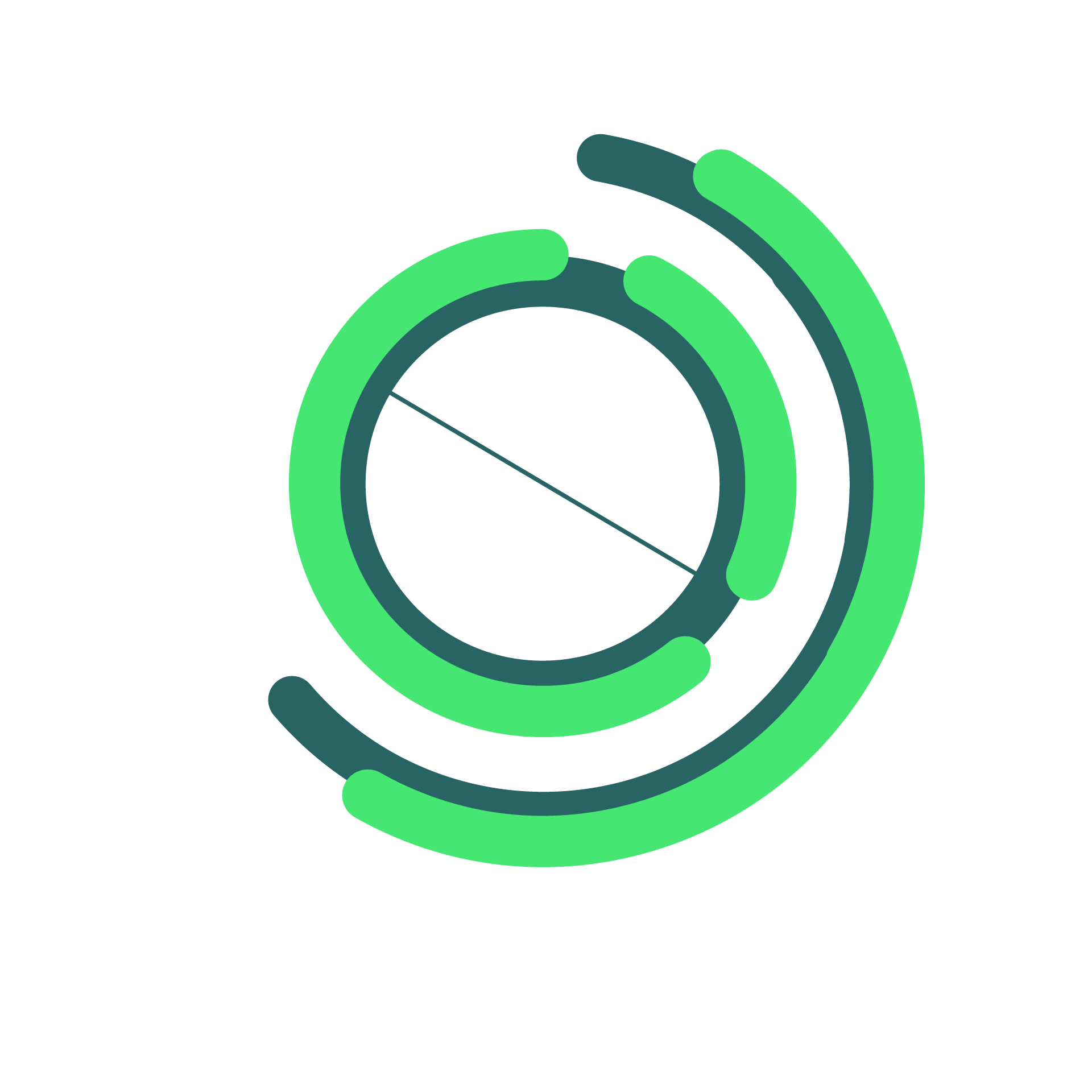in brief: key takeaways
- your technical skills are just the entry fee. They get you in the door, but they won't get you the corner office.
- Australia’s work culture runs on influence, not authority. Unlike rigid, top-down structures, our environment demands collaboration. Great ideas are worthless if you can't get buy-in.
- 'soft skills' is a misnomer. They are hard-won, high-impact competencies that directly drive project success and career advancement.
- communication is your most powerful tool. The ability to translate complex technical concepts into clear, persuasive arguments for non-technical stakeholders is a superpower.
- stop solving, start questioning. The most valuable engineers move from asking "How do we build this?" to the more critical questions: "Why are we building this?" and "Is this the right problem to be solving in the first place?"
In the world of engineering, your technical qualifications get you to the table. But let's be honest, it’s your soft skills that determine whether you end up leading the conversation or just taking notes.
The most successful projects aren’t built on brilliant designs alone; they are driven by ruthless communication, sharp influence, and radical collaboration. We're told to value technical purity, but the reality is that your ability to connect with people, persuade them of your vision, and lead a team through chaos is what separates a good engineer from an indispensable one.
This isn't another fluffy HR piece. This is a direct look at the skills that will actually define your career trajectory in Australia.
why your technical prowess isn't enough here.
The Australian work culture is famously—and sometimes frustratingly—collaborative. Unlike the rigid, hierarchical command structures you might find elsewhere, our engineering ecosystem is built on teamwork, stakeholder wrangling, and a healthy dose of "getting everyone on the bus."
Here, top-down commands are met with scepticism. Influence, not authority, is the currency of progress. A technically perfect solution has zero value if you can't create buy-in from your colleagues, your commercially-minded manager, and the half-dozen other departments who all have a say.
Add to this the reality of our workforce. Australia is a hub for global firms and diverse teams. You are almost certainly working with colleagues and clients from a dozen different cultural backgrounds. In this environment, your ability to communicate with surgical clarity and empathy isn't a "nice-to-have." It’s a core requirement.
master communication: the art of being understood.
The power to translate a complex technical idea into a clear, compelling message is a career cheat code. It’s about ensuring that everyone—from a fellow discipline engineer to a non-technical project director or an international client—is not just hearing you, but is actually on the same page.
Core skills to weaponise:
- Aggressive stakeholder management: don't just inform people; actively manage their expectations. Pre-empt their questions. Tailor your language to their priorities. This isn't about being nice; it's your best defence against the misunderstandings and scope creep that kill projects.
- Presenting with intent: stop data-dumping in your presentations. Master the art of building a narrative that transforms complex data into an undeniable business case. Your confidence and clarity are often what get a project funded, your leadership noticed, and your personal brand elevated.
- Active listening & radical candor: demonstrate that you genuinely understand the perspectives of others, even when you disagree. Then, learn to provide feedback that is both brutally honest and constructive. Knowing how to give—and receive—unvarnished feedback is the fastest path to growth.
the collaborative leader: wielding influence without authority.
Leadership isn’t a title they give you. It’s the impact you have on the performance of others. It’s about creating an environment where brilliant people can do their best work, together.
Core skills to build:
- Leading from the middle: inspire and guide your colleagues through your expertise, your reliability, and your unwavering focus on shared goals. This informal leadership is the most powerful kind in modern, matrix-style organisations.
- Weaponising conflict: stop seeing disagreements as problems. See them for what they are: opportunities to pressure-test ideas and find a more robust solution. Your job is to mediate the debate and forge a consensus the entire team can execute with conviction.
- Negotiation as a sport: whether you're dealing with suppliers, clients, or internal teams, every interaction is a negotiation. The ability to secure mutually beneficial outcomes is a directly measurable—and highly valuable—skill. Get good at it.
the agile problem-solver: building a resilient mindset.
Engineering is about solving problems. But in a world of constant change, the nature of those problems is always shifting. Mental flexibility and the resilience to thrive in uncertainty are what will keep you relevant.
Core skills to cultivate:
- Anti-fragility: it’s not just about bouncing back from stress (resilience). It's about getting stronger through chaos. Learn to maintain a laser-like focus during high-pressure deadlines, project crises, and unexpected setbacks.
- Embrace the pivot: be ruthlessly objective. Have the courage to kill an idea or change course when a chosen path isn’t working. The fastest way to succeed is to be quick to adapt and embrace new technologies or methodologies.
- Think like a founder: make the crucial leap from asking, "How do we build this?" to asking, "Why are we building this?" and "Is this the right problem to be solving?" That is where the real value lies.
Investing in these skills is no longer optional. It's the only way to build a career that's as durable as the things you design.
Your action plan: stop passively reading. Identify the one skill from this list that makes you the most uncomfortable. Now, create a plan to attack it over the next 90 days. That's your first step.
Keeping up-to-date with resources that can boost your career is the second step. If you haven’t done so yet, join our exclusive engineering community at Randstad. Give yourself the knowledge and network you deserve.
join the communityfrequently asked questions.
-
my technical skills are top-notch. why does the article suggest they're not enough for career advancement here?
Your technical skills are simply the entry fee. They get you in the door, but in Australia's highly collaborative work culture, they won’t get you promoted. Career acceleration comes from high-impact soft competencies—like communication, sharp influence, and the ability to get buy-in from non-technical stakeholders.
-
the article says 'influence, not authority, is the currency of progress.' how does that apply to a mid-level engineer?
It means you can't just rely on a top-down mandate. Australian workplaces favour teamwork, and top-down commands are often met with a bit of scepticism. Your ability to lead from the middle—guiding colleagues through your expertise and reliability, and mediating a conflict to forge a strong consensus—is what builds your informal, and most powerful, leadership brand.
-
what is the most critical 'soft skill' to weaponise if I only have time to focus on one?
Communication, full stop. This is your career cheat code. It's about achieving surgical clarity—translating complex technical concepts into a clear, compelling, and persuasive business case for non-technical directors or international clients. Don't just inform people; actively manage their expectations and tailor your language to their priorities.
-
the final core skill is 'Think Like a Founder.' what is the key question I should be asking myself on a project?
You need to make the crucial leap from simply asking, "How do we build this?" to the far more valuable question: "Why are we building this, and is this the right problem to be solving in the first place?" That shift in mindset—from technician to strategic partner—is what separates a good engineer from an indispensable one.







